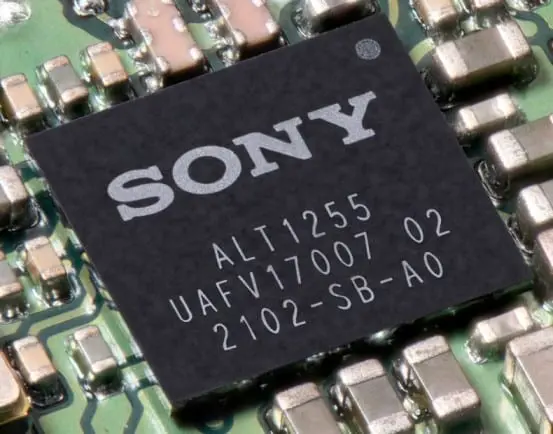Sony Semiconductor Israel has released a new cellular IoT chipset for NB-IoT networks. The firm’s low-power Altair ALT1255 chipset is designed for LTE Cat NB2 devices, running the Release 14 version of the NB-IoT protocol. It is geared for low-power wide-area (LPWA) IoT devices for a variety of asset tracking and asset monitoring.
It features an integrated SIM (iSIM), and 2G GSM and GPRS fallback. Sony Semiconductor Israel, formerly Altair, said the unit “completes” the company’s IoT solution portfolio, to go alongside its LTE-M and dual-mode NB-IoT / LTE-M units. NB-IoT offers lower power and lower throughput, compared with LTE-M, and is designed as a cellular-based solution for cost-sensitive, battery-powered IoT applications.
The built-in iSIM removes barriers related to cost, size, and power, as well as adds an additional layer of security. The GSM/GPRS modem fills gaps in LPWA coverage and allows deployment in countries with mixed 2G/NB coverage. The chipset integrates a low-power ARM Cortex-M4 MCU, separated from the modem functionality and designed to run a variety of IoT and sensing applications. It utilises COAP and LWM2M for secure cloud connectivity.
Dima Feldman, vice president of product management at Sony Semiconductor Israel, commented: “The market shows a growing need for a feature-rich, fully integrated NB-IoT cellular chipset with 2G fallback. Module designs based on the ALT1255 will provide reliable connectivity for smart meters, logistics, telematics, and smart cities applications.”
The ALT1255 was developed in-house by Sony Semiconductor Israel, based on the LTE-M/NB ALT1250 chipset, and leverages its certified NB/2G technology. The chipsets share software architecture, modem application and networking layer, and APIs for fast and easy integration within the Altair product family. It is available now, and has been selected by key module players, said Sony Semiconductor Israel.

